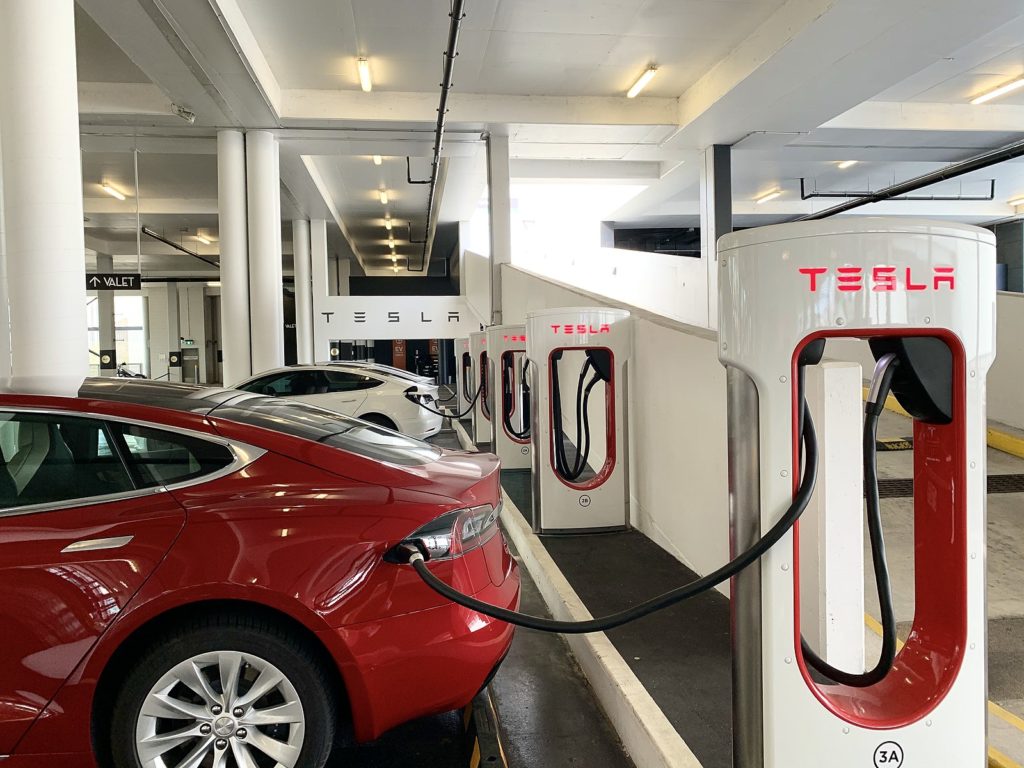Opinion: Local & Green. Turning The Titanic In Time Part 2

Photo: Wikimedia commons.
This column appeared previously in the Amherst Bulletin.
In my last column, I noted that, according to the UN Intergovernmental Panel on Climate Change, without radical action, we will absolutely hit the climate change iceberg. Though governments, corporations and other major actors must shoulder the vast majority of the responsibility, individual actions can greatly accelerate the “great turning.”
In March, I attended a retreat presented by the Unitarian Society of Amherst, with Anne Goodwin about Joanna Macy’s “The Work That Reconnects.” The four-part framework Macy puts forward is useful in thinking about how to approach individual climate action. It includes: Finding gratitude for what we have, feeling the pain for the world in our awareness of its destruction, seeing with new eyes, and going forth as a change agent.
First, we looked at finding gratitude for what we have. Being grateful includes acknowledging that we have enough, and that we can learn to live with less. It is a subversive concept in this majority consumerist, extractive and capitalist society.
The growth of the consumer culture and unfettered capitalism are causing potential environmental and financial collapse. With globalization, we are outsourcing manufacturing, and losing those skills and the independence of making our own goods. We are consuming goods and energy unnecessarily, transporting goods back and forth across the globe. We now, as a culture, are living larger, buying larger homes, more cars, and more stuff.
The thought is that we can live smaller and simpler and be fully grateful for what we have. We can create a circular economy where we grow, buy, trade, make or reuse locally. We have many, but not nearly enough, elements of that economy working here in the Valley already.
The second element is feeling pain for the world and awareness of its destruction. That includes the pain of forest fires, drought, floods, severe storms, melting ice caps, rising seas and — the scariest to me — the thawing of millions of acres of permafrost, releasing trapped methane and ancient diseases. There is a long list. It’s enough to cause serious anxiety for any sane person.
The third part of Macy’s framework is gaining insight/seeing with new eyes. Seeing this era from the perspective of our ancestors 200 and 300 years ago, and from the perspective of our progeny.
Gaining insight involves a process of seeing how we live not in a business as usual light but as the new normal — simply, sustainably and locally. We can shift our consciousness to either head for the great unraveling and collapse of our society, or for the great turning.
The fourth element in Macy’s framework is going forth in whatever role suits you, as an individual actor, protestor, disruptor, legislator, artist, donor, or whatever. The book “Drawdown” provides 80 solutions any of us could work on. Because there are a multitude of solutions, individuals and all types of entities can help.
Don’t let anyone tell you that individual action is not a critical part to play.
How About You?
Ithaca, New York’s sustainability director, Luis Aguirre Torres, has said folks in that city fall into three categories. About 16% of residents are expected to be immediate adopters and acceptors of climate action. Another 30-35% are expected to be laggards, resisting any action and not wanting to take advantage of any incentives. He predicts that the half of the city that falls in the middle would eventually buy in, given incentives, institutional commitments and regulations.
Here are 10 impactful things you can do as an “early adopter.”
1. Vote for elected officials who are climate champions and who will prioritize working to implement climate solutions now (not just by 2050). Many of our current state representatives are strong climate champions, so keep them in office and support their advocacy.
2. If you drive a car, make your next one electric. Proposed legislation in Massachusetts will raise the rebate for an electric vehicle to $3,500, in addition to the federal rebate of $7,500. Find the best deals at “Drive Green.”
3. If you own a home, consider energy efficiency retrofit elements and solar panels, which will reduce emissions and pay off in the long run. MassSave offers incentives.
4. If you live in Amherst, Northampton or Pelham and your electric provider is Eversource or National Grid, you will be able to use renewable energy through a new energy aggregation once it is launched, hopefully later this year.
5. “Shave the peak,” which means use less heat during peak cold days and less air conditioning during peak hot days. This prevents our utilities from using the dirtiest sources, which are offline except during peak energy use times.
6. Reduce trash by 40% by supporting the proposal for universal curbside compost pick up, which is currently being proposed by Zero Waste Amherst. Incorporate these practices into your life: “Refuse, Reduce, Reuse, Recycle, Return, Repair and Compost.”
7. Support local food by joining the Common Share Food Coop. It needs 1,000 members to launch and currently has 800. You can also buy from local farms and CSAs.
8. Purchase reused items on Buy Nothing Amherst or at local thrift shops or estate sales.
9. Eat less beef or other types of meat, and less dairy. If everyone did this, a huge emission source would be greatly reduced.
10. Join and financially support local groups like Climate Action Now Western MA, Mothers Out Front, Local Energy Advocates, Zero Waste Amherst, or the new Amherst Climate Alliance.
Darcy DuMont is a founding member of Zero Waste Amherst and of Local Energy Advocates of Western MA. As a town councilor, she sponsored the legislation creating the Amherst Energy and Climate Action Committee.
